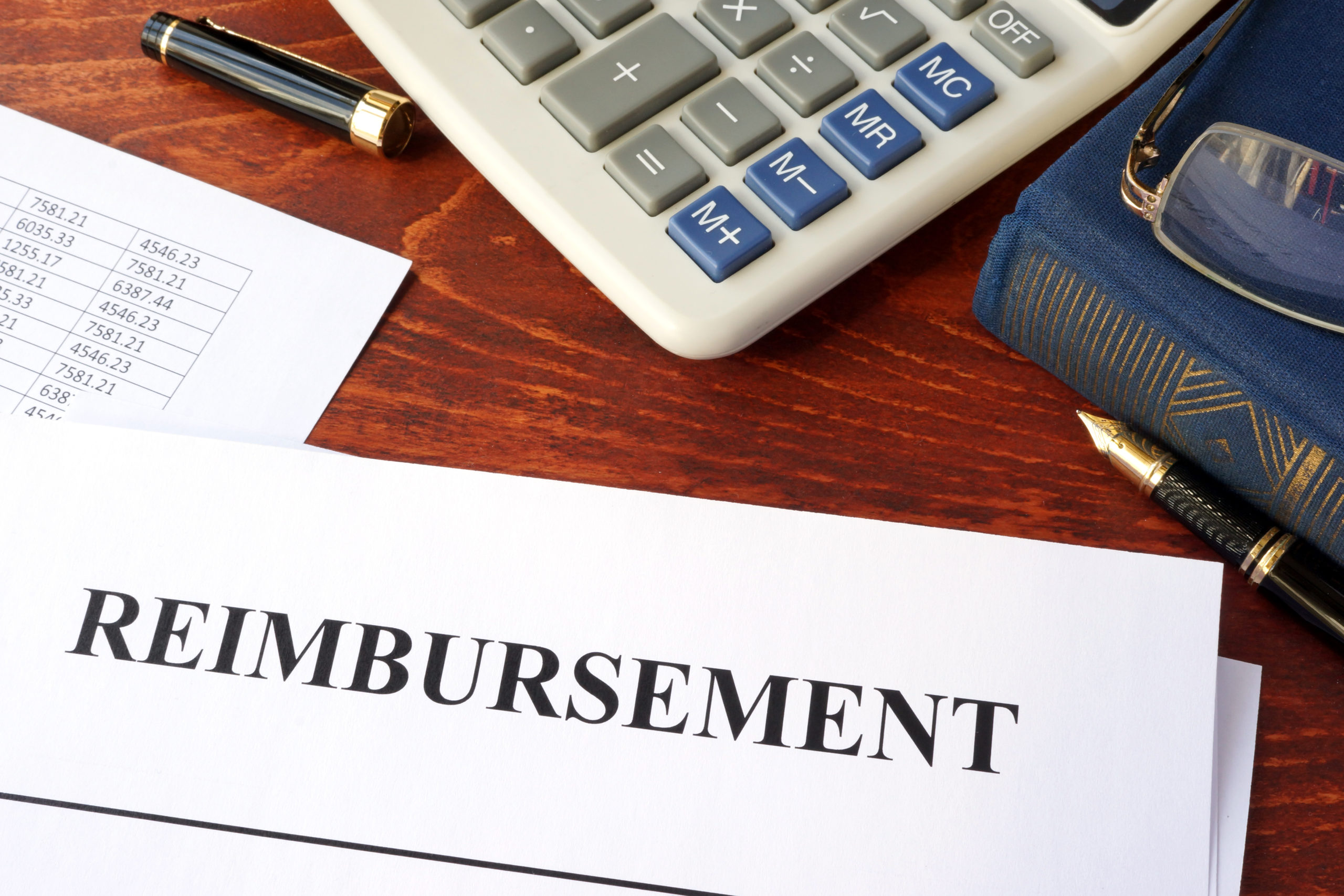Watch our free Reimbursement Claims video
There are many kinds of reimbursement issues that can come up when a couple gets divorced. One party may have used separate property to purchase or improve a community asset. During the marriage, community funds may have been used to improve another party’s separate property. After the parties separated, one party may have used their earnings to pay community debts. These are a few examples of the different kinds of reimbursements claims that can arise when a couple gets divorced. For important free information to consider about reimbursement claims, read on.
There are numerous types of reimbursement claims that a party can make during a divorce. We have set forth below a list of the most common reimbursement claims.
Family Code 2640 reimbursement claims:
If you or your spouse used separate property during the marriage to purchase a community property asset or improve a community property asset, then there may be a valid reimbursement claim under the provisions of Family Code section 2640. We gave a couple of examples of this type of reimbursement claim in the “Division of the family residence” section of our website, where one party used pre-marriage savings for a down payment on the family home or where one party used inherited money to pay for the construction of a swimming pool for the family home. When one party uses their separate property to do any of the following, there can be a reimbursement claim:
1) Purchase a community property asset, including making a down payment;
2) Paying for an improvement to a community property asset; or
3) Reducing the principal of a loan that was used to purchase or improve a community property asset.
Interest payments and reimbursement
If you use your separate property funds to pay interest on a loan, such as interest on a mortgage, or to pay for property taxes or home owner’s insurance premiums, there is no right of reimbursement for these types of payments. So, if you use your separate property funds to pay monthly mortgage payments, you can get reimbursed for that part of the payments that reduced the loan balance, but not the portion that went to mortgage interest.
The amount of the reimbursement is without interest and without adjustment for changes in monetary values. For example, assume you owned a home before marriage. During the marriage, you sold your home and netted $200,000. You used the $200,000 for the down payment for the purchase of the family home that cost $500,000. You and your spouse took title to the family home in both of your names, as community property. During the marriage the family home appreciated over a period of years. At the time of the divorce, the home is worth $1,000,000. Your reimbursement claim is limited to the original $200,000 amount. It does not matter that you took title to the family home in both names, as community property. You still retain your right of reimbursement.
Family Code 2640 also provides for a right of reimbursement if one party used their separate property to acquire or improve the other party’s separate property.
Oftentimes, when a party raises a Family Code 2640 reimbursement claim, there is going to be a problem with tracing the claim. If you claim you used your separate property funds to acquire or improve a community asset, the burden of proof is on you to produce evidence that traces the use of your separate property to the purchase or improvement of the community asset. If you can’t produce the tracing evidence, which typically involves producing documents such as bank records and/or escrow closing statements, then you will likely lose your reimbursement claim. It is not uncommon to lose a reimbursement claim because the documents you need to trace the use of your separate property funds can’t be located or no longer exist.
Epstein Credits
After you and your spouse separate, one or both of you may use your separate property funds, such as your post-separation earnings, to pay all or part of community debts. If so, a reimbursement claim for “Epstein Credits” can be made. For example, one party may make payments on community credit card debts after you separated but before your case settles or goes to trial. Even if you are going through a divorce, creditors still need to be paid. One or both parties will have to step up and make payments to creditors while waiting for a divorce settlement to be negotiated. The party that pays will be entitled to Epstein Credits.
Epstein Credits can apply to all types of post-separation payments made on community obligations including, but not limited to, credit card debts, payment of income tax liabilities, car payments, mortgage payments, home equity line of credit payments, etc. However, if the payments were made in lieu of support payments, then the court may deny all or part of the Epstein Credits. For example, assume a couple separates. Wife and the minor children stay in the family home. Wife does not immediately seek a child support or spousal support order from the court. Husband uses his post-separation earnings to pay the monthly mortgage payments, car payments, and various other bills, but does not pay any support money directly to Wife. If, during the divorce, Husband claims Epstein Credits for making said payments, the court may deny his claim on the grounds that said payments were made in lieu of support payments.
If you use your separate funds to pay community debts after you and your spouse separate, it is very important to document your payments. Get a binder. Every time you make a payment on a community debt, make a copy of the bill you paid and a copy of the check you used to make the payment. Put the copies in the binder. You will need these documents to prove your Epstein Credit claims later on.
Watts Charges:
After you and your spouse separate, one party may make use of a community property asset and the use of that asset may have a significant rental value. For example, assume the family home is paid off. Assume the home has a rental value of $4,000 per month. Assume one spouse occupied the family home for a year at essentially no cost before the case goes to trial while the other spouse rented a similar home and paid $4,000 per month in rent. The first spouse would be subject to a “Watts Charge” in the amount of $4,000 per month for the fair rental value of the family home. The first spouse would owe the community $4,000 per month for the one year period. If the family home had a mortgage that was $1,000 per month, then that cost, which is like and Epstein Credit, would be offset against the fair rental value for a net Watts Charge of $3,000 per month. The Watts Charge is owed to the community, not the other spouse, which means the other spouse receives only one half the amount of the Watts Charge.
Watts Charges can apply to any community asset that has a significant rental value. The concept of Watts Charges could apply to one party’s post-separation use of a car. For example, if one party makes use of a community property car that is paid off after the date of separation, while the other party uses a community property car that has a large monthly car payment, then Watts Charges may apply.
Oftentimes, when you are dealing with Watts Charges, there is going to be a dispute about the amount of the fair rental value of the particular community asset involved. You may need a realtor to provide evidence about the fair rental value of the family residence.
Some courts have local rules regarding Watts Charges that require you to give written notice to the other party of your intent to seek Watts Charges so the other party is not surprised at the time of trial. If you intend to assert a Watts Charge against the other party, send the other party written notice of your intent early on in the divorce process.
Other types of reimbursement claims
There are many other types of reimbursement claims that can be made. In the “Division of student loans” section of our website, we discussed reimbursement claims when community funds were used to pay for all or part of one party’s education or training. If community funds were used to pay one party’s separate debts, there can be a right of reimbursement. A discussion of all of the different types of reimbursement claims available in a divorce is beyond the scope of this website.


